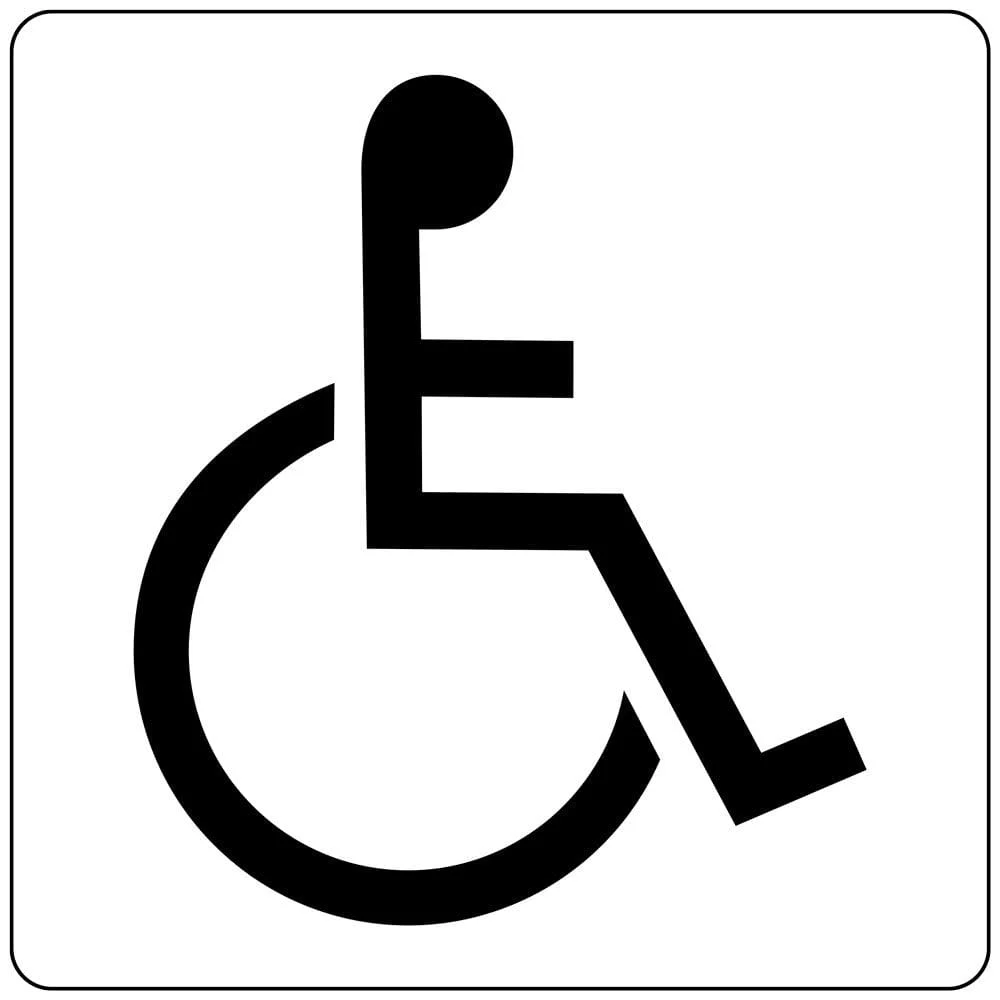
Technology is louder than ever. We take a look at why that might have a serious impact on your hearing.
With more people complaining of hearing issues than ever before, it’s no surprise that the profound changes in modern technology are partially to blame for this increase. From continuous headphone use to blasting video games and noise pollution from traffic to excessively loud concerts, it’s surprising more people aren’t struggling to hear daily. But is modern technology truly to blame for increases in noise-induced hearing loss? We take a closer look.
The correlation between noise and hearing loss
Multiple studies have shown that loud noises and hearing loss can be linked – which will come as no surprise to the older generation, and especially those who spent years in industrial workplaces. These days, noise-related hearing issues can be self-induced, and often the effects are so gradual we don’t notice them. Premature hearing loss in those aged around 30 to 50 shows that we often don’t notice it before it’s too late. As technology becomes more integral to our lives, this gradual reduction in hearing is only going to become more apparent over time.
Loud noise can directly impact our hearing, which is something we should all be aware of. In addition to technology, it’s also worth noting that noise has increased in many other areas of our lives. With background noise on the street, the almost-deafening sound of gridlocked traffic and airplanes, passers-by blasting music, and more, it’s hard to find peace at any point in time – especially for those who live in larger towns or cities.
The technology to blame for worsening hearing
So, what technology is to blame for our hearing getting worse? The primary culprits are those two earbuds many people carry on them at all times or over-ear headphones. Over time, this technology has evolved to be louder and higher quality and to drown out any outside noise – delivering music directly into our ears while overpowering everything else. Because we’ve become so keen to drown out our surroundings, we can be damaging our ears in the process. In fact, according to research, as much as 65% of people use music devices above 85 decibels (dB) regularly – resulting in permanent damage to their hearing.
Alongside music, watching movies, TV shows, and even YouTube videos through headphones can be equally damaging if done for extended periods. Movies, in particular, are designed to offer an all-encompassing experience. While this can be loud enough in the movie theater, it can be deafening in terms of pitch changes and variations in volume for a viewer using headphones. The same applies to online videos on social media, which often don’t have built-in standards for volume.
Modern-day hearing loss
Modern-day hearing loss is happening to people all around you – and it could be happening to you, too. It’s worth taking a step back and thinking about if your environment, or technology, could be causing harm to your hearing. It’s also essential to visit a hearing care professional if you think your hearing may already have been impacted.
Hearing loss in young people
With over 90% of young people using headphones daily, it’s no surprise that this age group is suffering from hearing loss from loud music far more quickly than generations before them. While both genders are experiencing problems with hearing, it’s young men who are more likely to be affected, with 32% of those aged between 20 and 39 having some degree of noise-induced hearing loss. Now that’s a figure that shouldn’t be ignored.
Hearing loss due to the workplace
Outside of the noise we put in our own ears, workplace auditory levels have increased far beyond what they used to be in many environments. While you might think your office is quiet, there has been a dramatic uptick in hearing problems among office workers due to the use of open-plan office designs, as opposed to sound-muffling cubicles. This makes taking steps to protect your hearing even more critical in the workplace. In industrial settings, steps are often already taken to protect workers’ hearing, the same as with construction environments.
Hearing loss from noise and music
Hearing loss from noise and music has affected us for generations, from the invention of the first speaker. From standing too close to the speaker at rock concerts to listening too loudly to your Spotify playlist, many of us can’t escape music for more than a few hours a day. This is why noise-induced hearing loss is such a problem and should be taken seriously. Hearing loss from music can be very gradual, which means it can be difficult to spot before your hearing loss requires treatment with hearing aids.
Why protecting your hearing is so important
While it is natural that our hearing decreases with age, the decrease in our hearing due to technology is far less natural and affects us more quickly. As such, it’s vital to protect your hearing at all times – to ensure that your hearing can remain as good as possible for as long as possible. If you feel that you’re struggling to hear, the best step is to speak to a medical professional. From there, they can determine if there are any underlying causes of your hearing problems, or if you require treatment and support, for example with hearing aids.
While our hearing is certainly becoming worse because of technology, it’s possible to remedy this increasing threat by staying informed about the risks of loud noises. As well as the use of appropriate technology such as noise-canceling devices, there’s no reason why anyone shouldn’t be able to reduce the risk of hearing loss with the proper insight and information.
Click here to access the original article by Signia.

